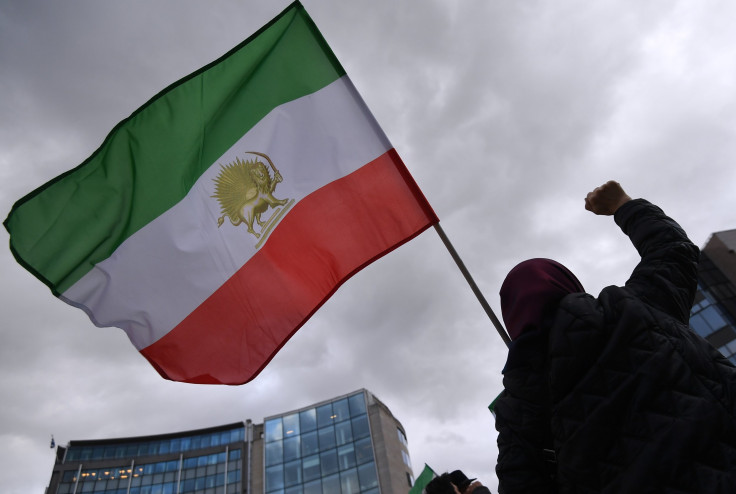Iran Deals Another Blow To UK, Warns Against International Naval Force In Gulf

Iran has rejected the United Kingdom’s proposal for a European-led maritime security force in the Gulf, after the Iranian Revolutionary Guard Corps seized the British-flagged oil tanker Stena Impero in the Strait of Hormuz last Friday.
Jeremy Hunt, the British Foreign Secretary, had come up with this strategy to counter the U.S.’s proposition to establish a 20-country coalition, dubbed Operation Sentinel , to protect commercial shipping in the Middle East. U.S. Secretary of State Mike Pompeo had said the effort would include equipping commercial ships with cameras or monitoring devices to keep tabs on Iranian activity and having military ships escort the tankers through the Strait. However, Hunt said the U.K. will not be part of the U.S. maximum pressure policy on Iran because they remain committed to preserving the Iran nuclear agreement.
However, Iran snubbed U.K.’s proposal, with Eshaq Jahangiri, the Iranian vice-president, saying any international coalition to protect the Gulf would bring only insecurity. “There is no need to form a coalition because these kinds of coalitions and the presence of foreigners in the region by itself creates insecurity,” Jahangiri explained. “And other than increasing insecurity, it will not achieve anything else,” he said.
On Monday, Hunt told MPs he wanted to form a European maritime security force to defend shipping in the Gulf. “We will be seeking to coordinate any European efforts on freedom of navigation with anything that the U.S. does. But we want our contribution, the U.K.’s contribution, to be to make that coalition as broad as possible,” he said.
The U.K. Foreign Office, according to the Guardian, reasons the way to maximize participation in the maritime protection force is not to have the U.S. in command, but instead forces of countries that support the nuclear deal. European nations had welcomed Hunt’s proposal, with a U.K. diplomat saying, “We are engaging our partners around the world, including within the European Union. EU partners have expressed interest in our proposal.”
In light of the rising tensions in the Gulf region, Russia is also working toward collective security in the region. The Kremlin believes a security system in the Gulf would play a key role in consolidating political and diplomatic efforts in the region. The Russian Foreign Ministry in a statement said the concept envisages the implementation of a long-term plan of action to normalize the situation, strengthen stability and security, settle conflicts, and outline benchmarks and parameters of a future post-crisis system.
Tensions have risen in the Arabian Gulf region since the United States abandoned the 2015 nuclear deal with Iran and imposed sanctions on Tehran for not abiding to its terms. This has resulted in attacks on oil tankers in the Strait of Hormuz and the downing of U.S. and Iranian drones.
© Copyright IBTimes 2024. All rights reserved.




















